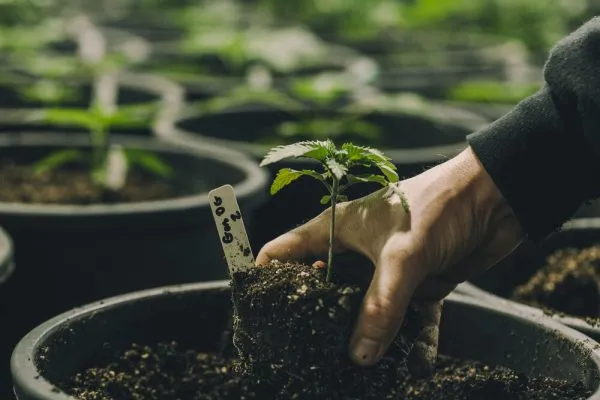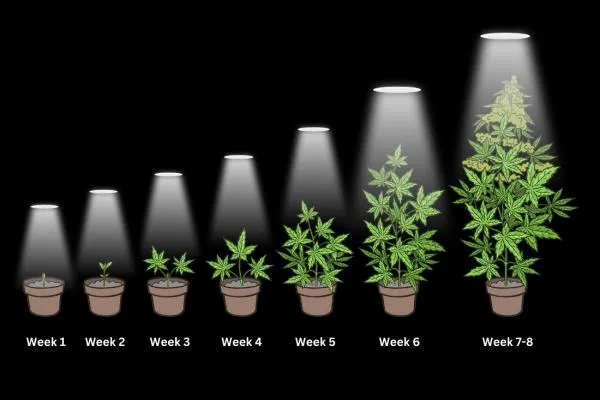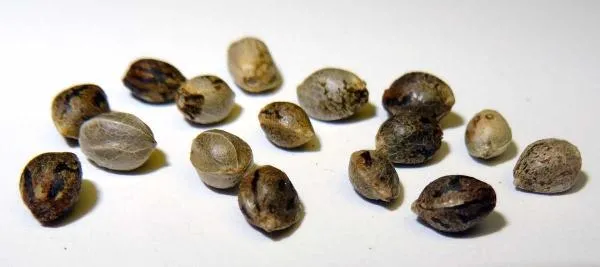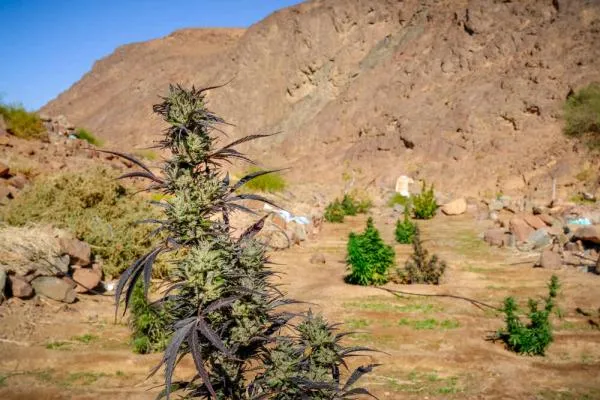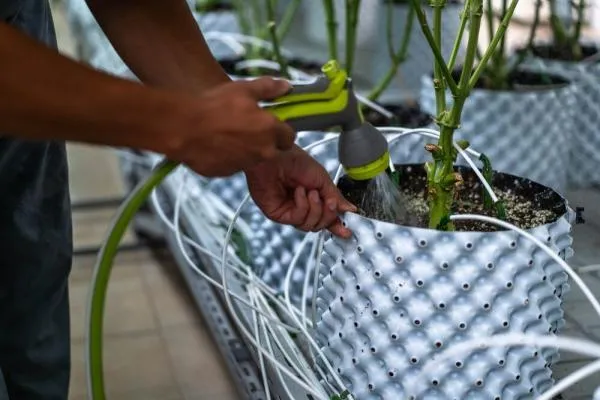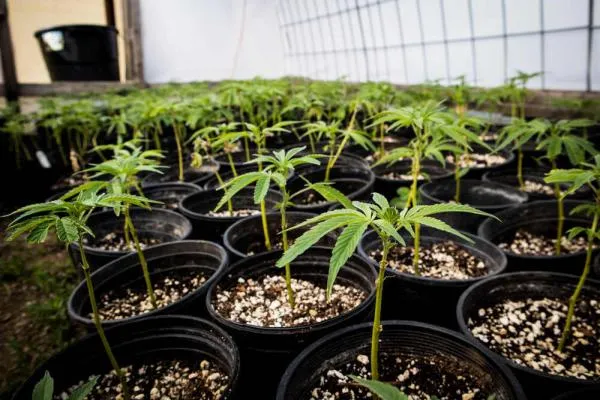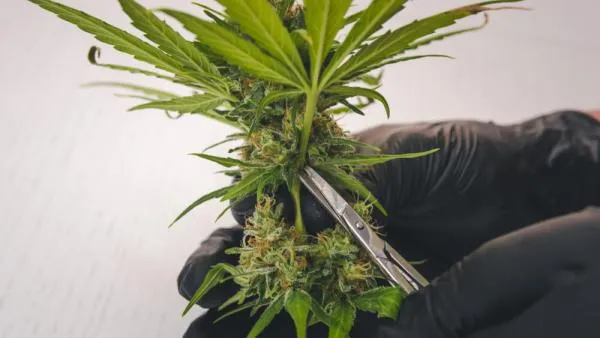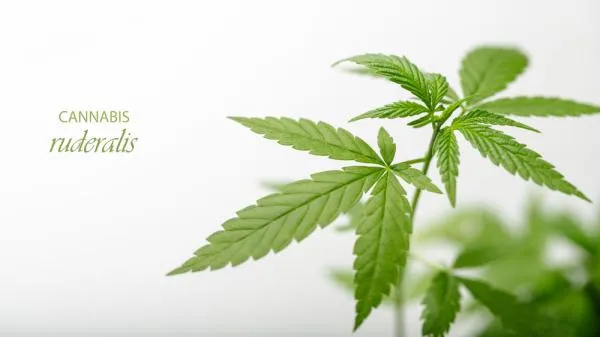Growing cannabis has its fair share of styles and philosophies, but veganic cultivation stands out for its sustainable, health-conscious approach. This article will guide you through what veganic weed is, why it’s an excellent choice for the environment and your health, and how you can start your own veganic grow. Let’s dig into the details, shall we?
- Understanding veganic cultivation
- Environmental advantages of veganic weed cultivation
- Health benefits of consuming veganic cannabis
- Potential for enhanced flavor and potency
- Economic and market considerations
- Practical steps to implement veganic growing techniques
- Challenges and considerations in veganic cultivation
- FAQs:
Understanding veganic cultivation
Definition and principles of veganic growing
Veganic growing is all about cultivating plants without any animal-derived products, focusing instead on plant-based and mineral-based nutrients. This means no bone meal, blood meal, or manure. It’s a method designed for purists who want cleaner, greener weed without any trace of animal byproducts. You’re essentially giving your plants what they need, minus the baggage.
Differences between veganic and organic growing
While both methods lean toward sustainability, the key difference lies in inputs. Organic cultivation often incorporates animal-derived fertilizers, whereas veganic goes the extra mile to keep things strictly plant-based. Think of it as organic’s more ethical and eco-conscious cousin. It’s a step up for growers who want to lower their footprint.
Historical background and evolution of veganic practices
Veganic farming didn’t just pop out of nowhere—it’s rooted in sustainable agriculture principles. Pioneers in the field aimed to create methods that honored the planet and minimized waste. Today, it’s a growing movement among cannabis cultivators who care about quality and ethics.
Environmental advantages of veganic weed cultivation
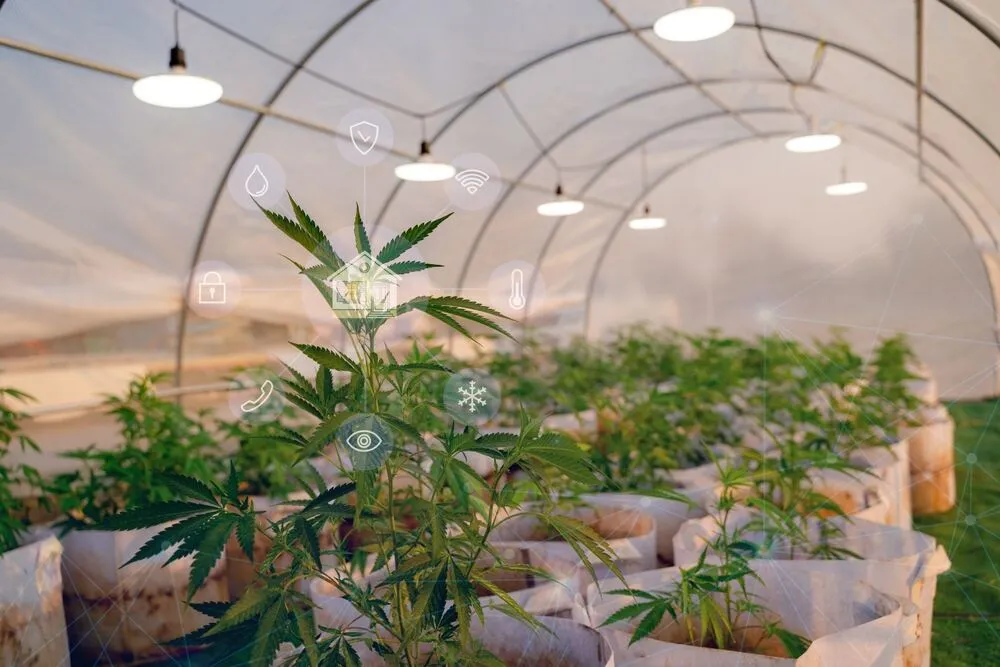
Reduction of animal agriculture impact
Animal agriculture has a hefty environmental toll, contributing to deforestation, water pollution, and greenhouse gas emissions. By skipping animal-based fertilizers, you’re cutting out that impact entirely. It’s one less thing weighing on your conscience as you light up.
Enhancement of soil health through plant-based inputs
Plant-based nutrients encourage healthy microbial life in the soil, which improves its structure and fertility. Over time, this creates a thriving environment for your cannabis plants. It’s like giving the soil a spa day—it just gets better and better.
Promotion of biodiversity and ecosystem balance
Veganic farming supports local ecosystems by avoiding inputs that disrupt natural balances. This method promotes biodiversity, allowing beneficial insects, fungi, and microbes to flourish. Your grow becomes a little slice of harmony in nature’s orchestra.
Health benefits of consuming veganic cannabis
Absence of synthetic chemicals and pesticides
Veganic weed skips the synthetic pesticides and harsh chemicals often used in conventional growing. This means cleaner, purer buds that you can feel good about smoking or using medicinally. It’s a difference you’ll notice in both taste and effect.
Potential for enhanced flavor and potency
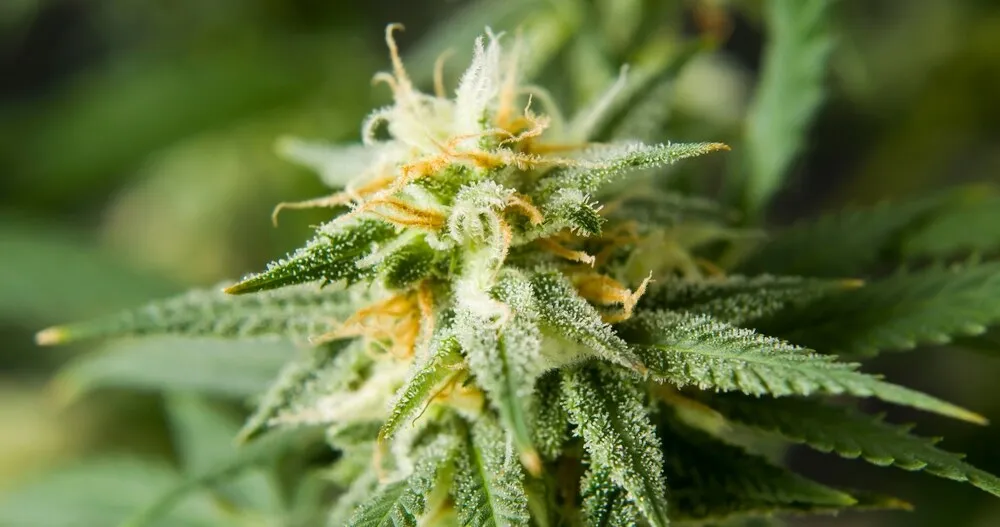
Many growers swear by veganic methods for producing weed with richer terpenes and cannabinoids. The theory? Healthier plants give you better results. While the science is still catching up, the anecdotal evidence from users and growers alike is hard to ignore.
Suitability for health-conscious consumers
If you’re someone who cares about what you put into your body, veganic weed is a no-brainer. It aligns with vegan principles and offers peace of mind knowing your cannabis hasn’t been touched by synthetic or animal-based inputs.
Economic and market considerations
Market demand for sustainable cannabis products
The cannabis industry is seeing a surge in demand for sustainable products, and veganic cannabis fits the bill perfectly. It’s a selling point for dispensaries and a draw for eco-conscious consumers. Think of it as tapping into a growing niche.
Cost analysis of veganic vs. conventional growing methods
While veganic growing may require some investment upfront for plant-based fertilizers, it often pays off in the long run. You’ll likely save on pest control and synthetic additives, and your soil will require less remediation over time. Plus, the premium market price for veganic weed doesn’t hurt.
Certification and labeling of veganic cannabis
As veganic cannabis gains traction, certifications are starting to emerge. While not as widespread as organic labels, having a "veganic-certified" badge can set your product apart and attract a loyal customer base.
Practical steps to implement veganic growing techniques
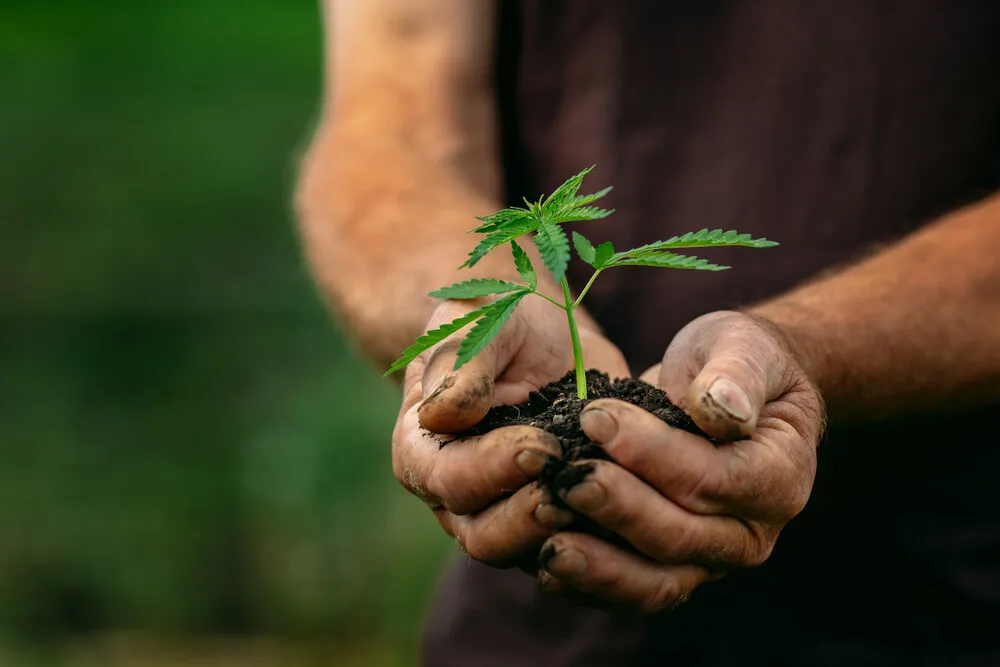
Selection of appropriate plant-based fertilizers
To go veganic, stock up on plant-based fertilizers like alfalfa meal, kelp meal, and rock phosphate. These deliver essential nutrients without the need for animal products. Keep it natural, and your plants will thrive.
Soil preparation and maintenance without animal inputs
Start with a rich, organic soil mix and amend it with plant-based nutrients. Compost teas and cover crops can help maintain fertility over time. It’s all about creating a living soil that works with you, not against you.
Natural pest and disease management strategies
Integrated pest management (IPM) is your best friend here. Use beneficial insects, companion planting, and organic sprays to keep pests at bay. Veganic doesn’t mean giving up control—it just means smarter, cleaner strategies.
Challenges and considerations in veganic cultivation
Nutrient management without animal-derived products
Balancing nutrients can be trickier without animal products, so stay on top of your feeding schedule. Use soil testing to ensure your plants get everything they need. It’s a learning curve, but one worth mastering.
Addressing potential yield differences
Veganic growing might not always produce the biggest yields, but what you lose in quantity, you gain in quality. The focus here is on creating top-shelf buds that stand out in flavor, potency, and purity.
Overcoming market misconceptions and educating consumers
Many people still don’t know what veganic cannabis is, so education is key. Highlight the benefits to your customers, and don’t shy away from using social media or in-store promotions to spread the word.
FAQs:
What is veganic weed?
Veganic weed is cannabis grown without any animal-derived fertilizers or inputs. It uses plant-based and mineral nutrients to create cleaner, sustainable, and environmentally friendly buds.
How does veganic cultivation differ from organic cultivation?
Veganic cultivation excludes animal products entirely, while organic farming may use things like manure or bone meal. Veganic is fully plant-based for an even more eco-conscious approach.
Are there any health risks associated with consuming veganic cannabis?
No, veganic cannabis is often safer as it avoids synthetic chemicals and animal-derived residues. It’s a cleaner choice for both recreational and medicinal use.
Is veganic cannabis more expensive than conventionally grown cannabis?
Yes, veganic cannabis can cost more due to the specialized growing methods, but the premium quality and ethical considerations often justify the price for consumers.
Can veganic growing methods be applied to indoor cannabis cultivation?
Absolutely! Veganic techniques work well indoors with the right setup, including plant-based fertilizers and proper pest management practices.
